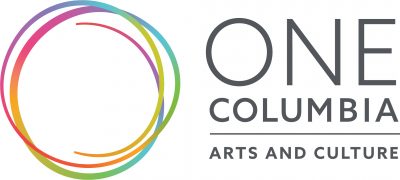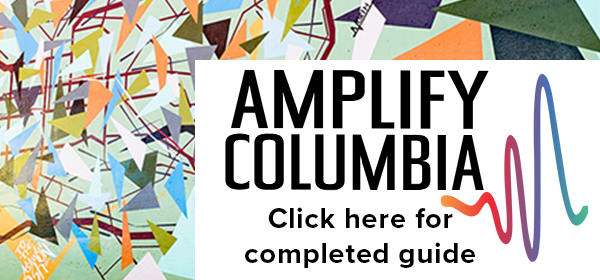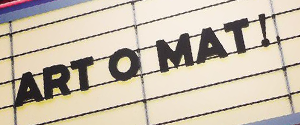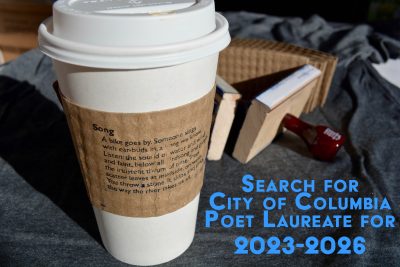Eastern Cherokee, Southern Iroquois & United Tribes of South Carolina presents independently produced film and video, feature length and short length films, documentary, experimental, student, religious/spiritual, animation, comedy, horror/Sci-Fi and all genre of music videos, for the 18th Annual Native American Indian Film & Video Festival of the southeast, held November 2015 in celebration of Native American Indian and Alaskan Native Heritage Month. This community-based event aims to present ... view more »
Eastern Cherokee, Southern Iroquois & United Tribes of South Carolina presents independently produced film and video, feature length and short length films, documentary, experimental, student, religious/spiritual, animation, comedy, horror/Sci-Fi and all genre of music videos, for the 18th Annual Native American Indian Film & Video Festival of the southeast, held November 2015 in celebration of Native American Indian and Alaskan Native Heritage Month. This community-based event aims to present the richness and variety of Native American cinematic expressions, as independent filmmakers share their unique dreams and concerns, as well as those of their varied communities, through the art of the moving image. The organizers of the festival want to enhance awareness in Native American Indian talent and provide exposure of the arts, independent Native American Indian cinema, media, and the motion picture industry to the southeastern United States. Each year, during November, the finest films created by, or on the subject of Native American and other indigenous people are chosen for screening at this festival celebrating National Native American Indian Heritage Month. The festival started in 1997, eighteen years later, the festival is the longest-running of its type in the Southeast and has expanded in both scope and size. Films are welcomed that feature talent, stories and themes from Central America’s indigenous people, South America, and indigenous films from throughout the world including Aboriginal films from Australia and New Zealand. Annually the theme that connects all of the films is one of bridging Native and non-Native communities, and highlighting contemporary Native issues that mirror those experienced by other communities and cultures.
View less












